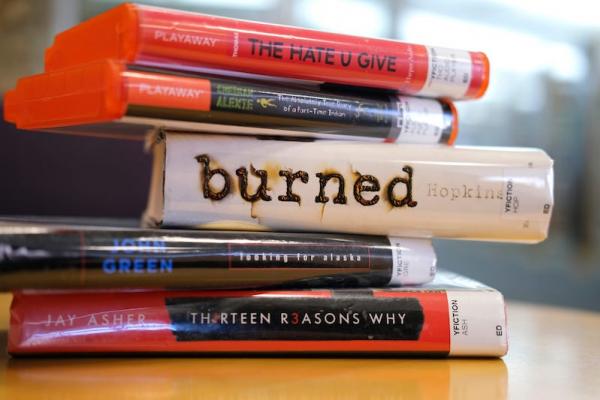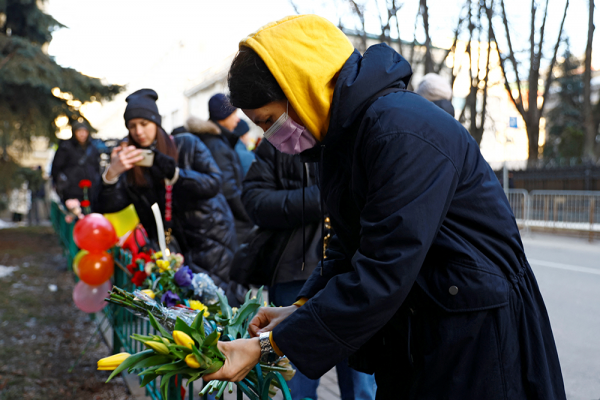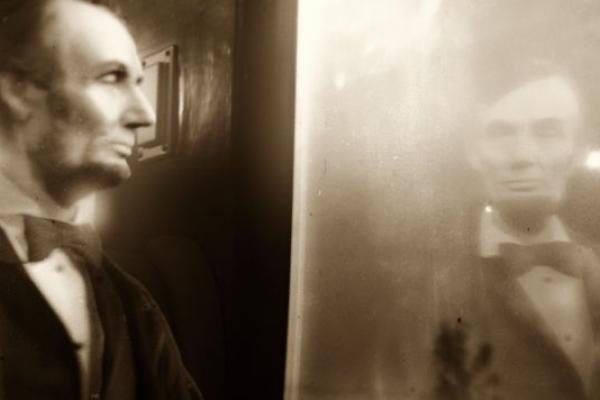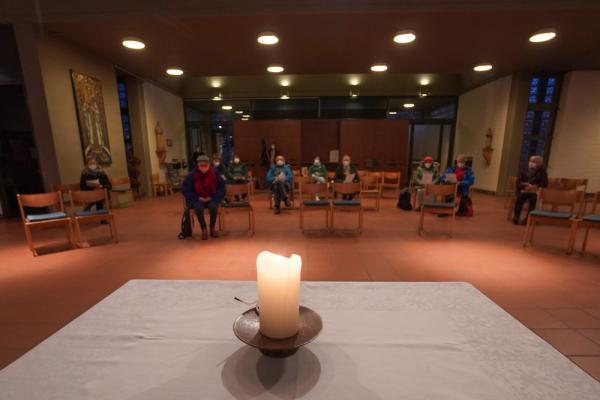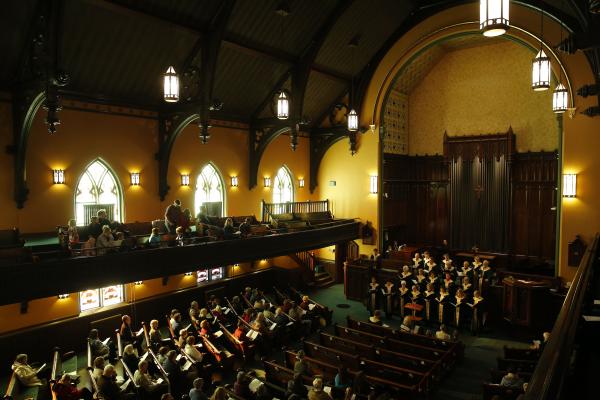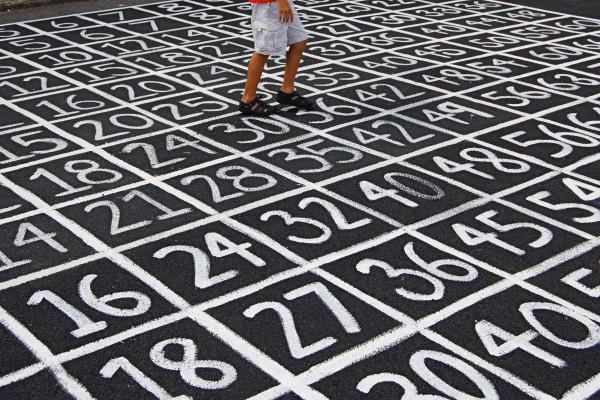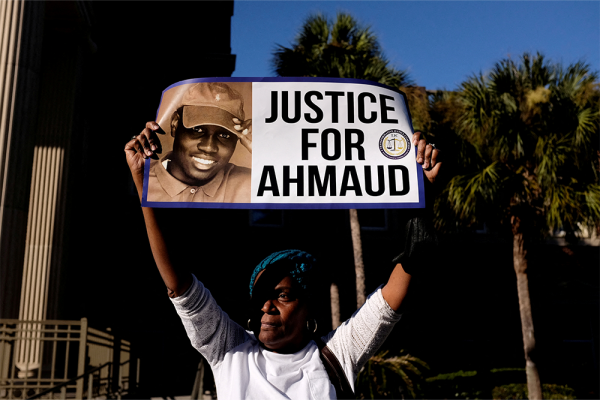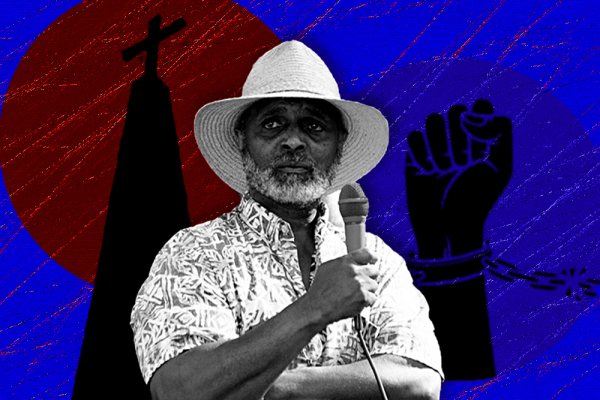When Christians label books about queer people as perverse and fight to have them removed from public spaces, we are telling queer kids that they are undeserving of both love and dignity. When racist moments in history are sanitized for the benefit of white students, it shows that the Christian commitment to truth and justice extends no further than our own comfort. And when the church helps silence marginalized voices for the sake of politics, we show that our true allegiance is not to God, but to party lines. Banning books will not protect students. It will only cause them harm and hinder our ability to share the gospel.
“Obviously this order is actually going to cause more harm,” said Rev. Gavin Rogers, associate minister at Travis Park Church in San Antonio. Rogers said characterization gender-affirming care as “child abuse” flies in the face of research, which has shown its importance in the health and wellbeing of transgender youth, who already face many barriers to access.
The Vatican, in its first comment on Russia’s invasion of Ukraine that began on Thursday, said it hoped that those who hold the destiny of the world in their hands would have a “glimmer of conscience.”
Lincoln’s Dilemma, released this month on Apple TV+, presents a complicated version of the 16th president. The four-part series portrays Lincoln as a man of his time and place, wrestling with the culture war of his day: slavery.
We pray for peace, O God of love and justice,
as once again, we face a time of war.
The meek and humble try—amid the crisis—
to love and build, to nurture and restore.
May leaders hear the truth the prophets teach us—
that gifts of peace are well worth struggling for
In effect, imagining churches as places uniquely positioned for practicing reparations means a paradigm shift in how churches imagine themselves in their communities. Churches are capable of celebrating beauty but they are also capable of creating wounds. Such a shift would be akin to what theologian Rev. Kelly Brown Douglas refers to as “broaden[ing] our moral imagination.” For the church to broaden its moral imagination, congregations need to start asking questions like: What does it mean to own property? Who did that exclude in the context of redlining? What assumptions are we making about the assumed good of a church’s continued existence in a place? Being open to accountability and discernment about reparations means that no question, no matter how difficult or threatening to the continuance of a congregation, is off-limits.
Today is a day for magical thinking. The date — 2/22/22 — is a palindrome: Whether you read it forward or backward, the date is identical. Because the day also falls on a Tuesday, particularly enthusiastic followers of palindrome dates have been calling today “Twosday.”
The three white men convicted of chasing down and murdering a young Black man, Ahmaud Arbery, as he was out jogging in their suburban Georgia community, were found guilty on Tuesday of committing federal hate crimes and other offenses in the 2020 killing.
If we analyze our current conditions, avoid circular debates, stop waiting for heroes to save us, speak honestly about our past and present, and try to change today, we might just save tomorrow.
The term, “Black radical tradition” was coined in 1983 by Cedric J. Robinson, a professor at the University of California, Santa Barbara. Robinson saw the tradition as encompassing a host of movements — from antebellum rebellions against slave owners, to pan-Africanism, and Black Power. He defined the tradition as, “the continuing development of a collective consciousness informed by the historical struggles for liberation” in his book Black Marxism: The Making of the Black Radical Tradition.
